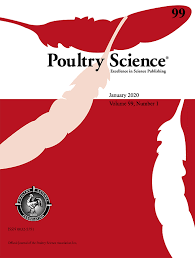Document type: scientific article published in PeerJ
Authors: de Camp NV, Ladwig-Wiegard M, Geitner CIE, Bergeler J, Thöne-Reineke C.
Abstract : As has been hypothesized more than 20 years ago, data derived from Electroencephalography (EEG) measurements can be used to distinguish between behavioral states associated with animal welfare. In our current study we found a high degree of correlation between the modulation index of phase related amplitude changes in the EEG of horses (n = 6 measurements with three different horses, mare and gelding) and their facial expression, measured by the use of the horse grimace scale. Furthermore, the pattern of phase amplitude coupling (PAC) was significantly different between a rest condition and a stress condition in horses. This pilot study paves the way for a possible use of EEG derived PAC as an objective tool for the assessment of animal welfare. Beyond that, the method might be useful to assess welfare aspects in the clinical setting for human patients, as for example in the neonatal intensive care unit.




